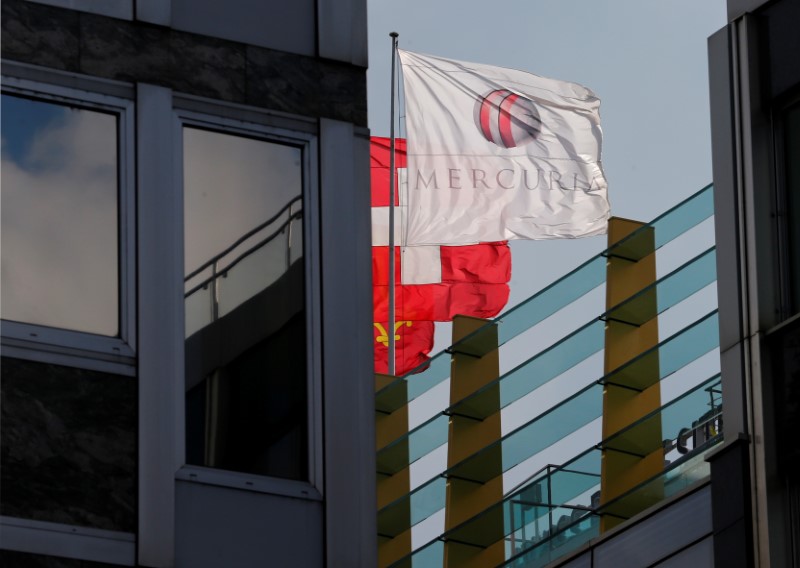By Dmitry Zhdannikov
DAVOS, Switzerland (Reuters) - Trading house Mercuria is working with banks ING and Societe Generale (PA:SOGN) on the first large oil trade based on blockchain technology, as the tradition-bound oil industry tests out digital technology.
Mercuria is shipping an oil cargo with African crude to China, selling it to one of its shareholders - ChemChina - with ING and Societe Generale helping to execute the deal, Mercuria's chief executive and co-founder Marco Dunand told Reuters.
He announced the deal on the sidelines of the World Economic Forum in Davos, Switzerland, where digitalisation is one of the key topics of this year's debates among some of the world's top oil companies and trading houses.
Blockchain works by creating permanent, public "ledgers" of all transactions that could potentially replace complicated clearing and settlement systems with one simple ledger. The technology is also behind the bitcoin electronic currency.
"The energy industry will have to digitalise more and more in oil production, refining, shipping. So traders will also have to participate," said Dunand.
The concept behind the deal is quite simple, according to Dunand.
Today, when the cargo is shipped from buyer to trader to seller, the ship captain has to stamp the so-called bill of lading - a document issued by a carrier to acknowledge receipt of cargo for shipment.
The papers then have to go to customs, surveyors and other agents and officials while the carrier has to issue letters of indemnity in case documents are not processed in time.
"It is a pre-archaic process. So introducing blockchain will allow to pass title from buyer to shipper to seller without going through massive paperwork of bills of lading," said Dunand.
Dunand said that if the industry managed to standardise blockchain contracts, the whole process of oil trading would become safer, while costs associated with physical transactions and their financing would decline.

"Going forward the challenges will be on the legal side as the blockchain technology is still not recognised by many governments. So banks are now working with various jurisdictions to make sure it can work worldwide," said Dunand.